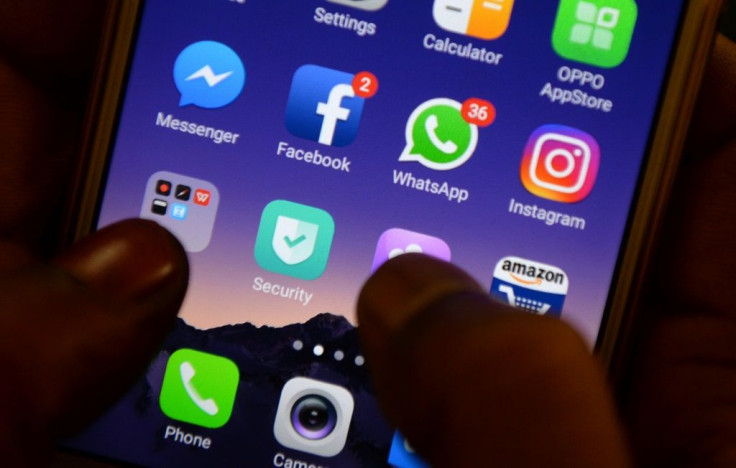Messaging Apps Compared: WhatsApp vs. Signal vs. Telegram
The battle among messaging apps is heating up as users look for the most secure platform to exchange messages without sacrificing capabilities.
Users have been clamoring for messaging app alternatives after a privacy policy change by Facebook-owned WhatsApp and a simple tweet from Tesla CEO Elon Musk sent them over to Signal, while Telegram saw a surge in downloads last week as users explored their options.
But how do the three messaging apps stack up against each other? Here’s a look at how these platforms compare.
WhatsApp bills itself as a simple way to message friends and family for free by using a phone’s internet connection to send messages while avoiding SMS fees. The platform allows for group chats of up to 256 people at once, where messages, photos, and videos can be shared.
The app has a built-in camera and can send voice recorded messages as well as PDFs, documents, spreadsheets, and slideshows up to 100 MB.
It can also be accessed on the web, where all chats sync to a computer, and it can be used for voice or video calls for free to another country, using an internet connection to eliminate costly phone plan voice minutes.
WhatsApp said that it uses end-to-end encryption for messages and calls so only the user and the person they are communicating with can read or listen to them. According to the company, not even WhatsApp has access to these messages.
However, WhatsApp came under fire earlier this month for a change in its privacy policy that now allows its parent company Facebook to access some user data.
In order for WhatsApp users to continue using the app, they must opt in to the new privacy policy that allows information such as phone numbers, transaction data, location information, and mobile device details to be sent to Facebook.
WhatsApp maintains that Facebook does not have access to user messages or voice communications as they are encrypted for security.
Signal
Signal saw a boost from the change in WhatsApp’s privacy policy, reaping the benefits of a record number of downloads of its app. The company saw so much traffic that it had to install more servers to keep up with the new demand for its app.
Adding to the newly generated interest was a tweet from Musk that said “Use Signal” amid the change in policy from WhatsApp. Users seemed to agree with Musk and flocked to the messaging app, which saw 7.5 million downloads the week of Jan. 6-10, according to data from Sensor Tower as reported by CNBC.
Use Signal
— Elon Musk (@elonmusk) January 7, 2021
Signal boasts that it is not owned by a tech company and says that it never will be. The company is an independent nonprofit that is supported by grants and donations.
The platform, like WhatsApp, is used to send messages, but the company stresses its security features. The app uses end-to-end encryption that is powered by the open-source Signal protocol to keep communications secure on the platform.
The app allows for the sending of texts, voice messages, photos, videos, GIFs, and files for free by using a phone’s data connection to avoid SMS and MMS fees. The platform also has a voice and video calling feature that does not incur long-distance charges. It also supports group chats.
Signal said on its website that it can’t read messages or listen to calls, nor can anyone else. Signal also said it offers users no ads, no tracking, and no affiliate marketers on the platform.
Telegram
As users looked for an alternative to WhatsApp amid its privacy policy change, Telegram also experienced a surge in app downloads. From Jan. 6-10, the company saw 5.6 million users install the app, according to Apptopia (via CNBC).
Telegram boasts that it is a “new era of messaging” that is simple to use. The company said that messages on the platform are “heavily” encrypted and can “self-destruct,” which keeps it safe from “hacker attacks.”
The platform can be accessed from multiple devices and allows chats to be synced between devices. Telegram also claims that it can deliver messages faster than any other application and said it has no size limits on media and chats.
The platform has a free open API and source code for every user, and chats can have as many as 200,000 members within a group. There is also a range of customizable features on the app that users can utilize to personalize their messaging experience.

© Copyright IBTimes 2024. All rights reserved.





















